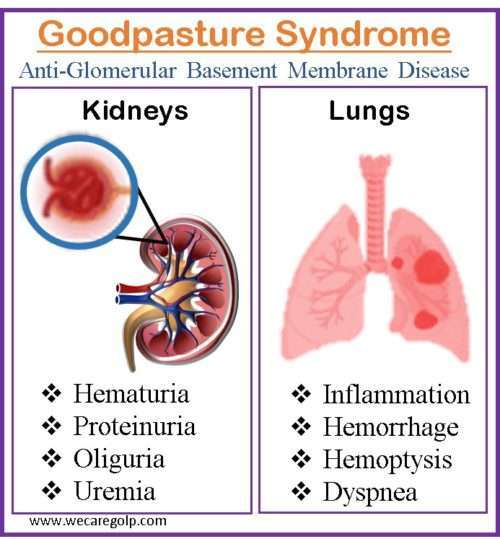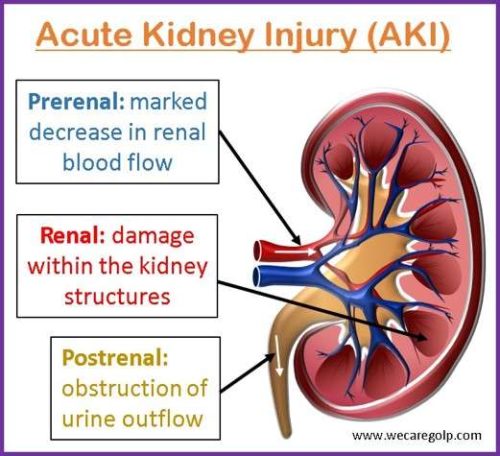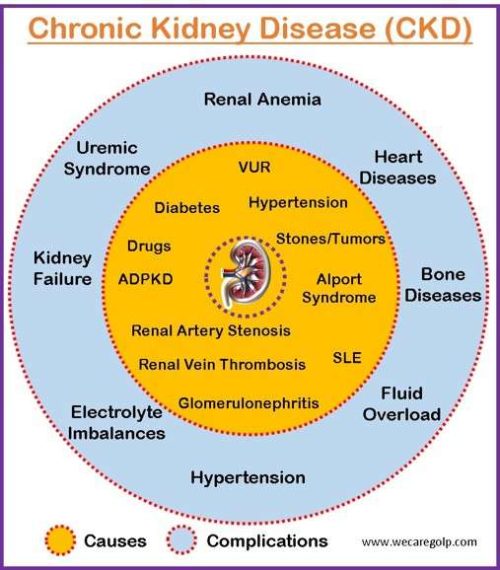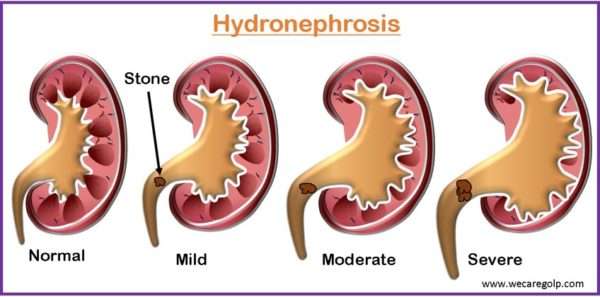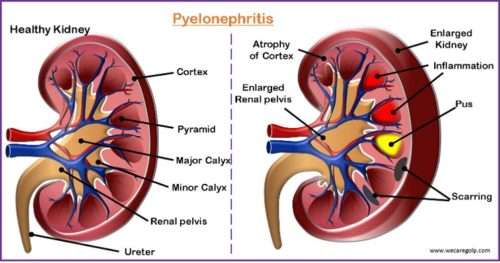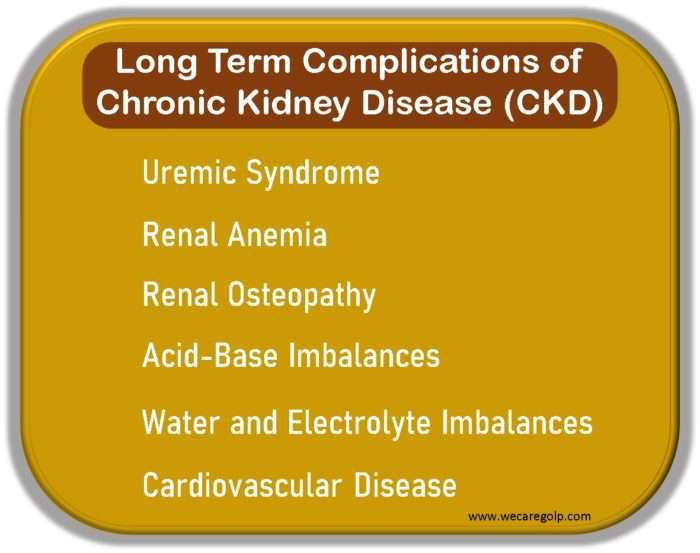Proteinuria (Protein in Urine)
Introduction Proteinuria is a general term that refers to protein in the urine. It refers to the presence of proteins in the urine, such as albumin, globulin, Bence-Jones protein, and mucoprotein. The distal tubule produces Tamm-Horsfall glycoprotein, which accounts for over half of the protein lost in normal urine. Any number higher than the average … Read more


